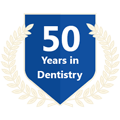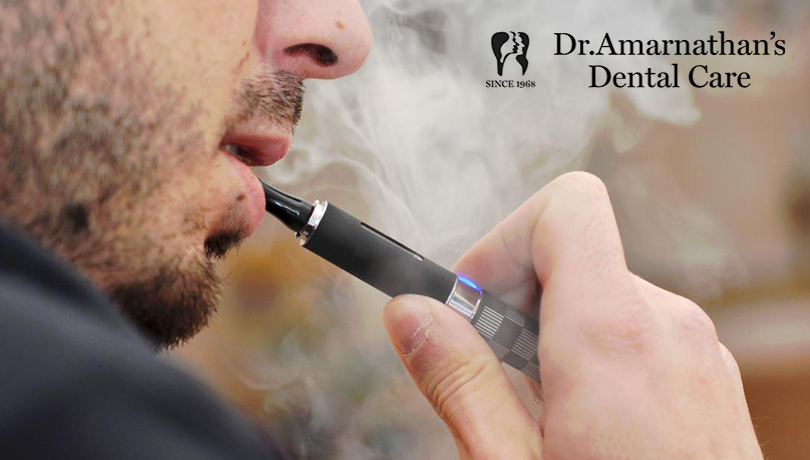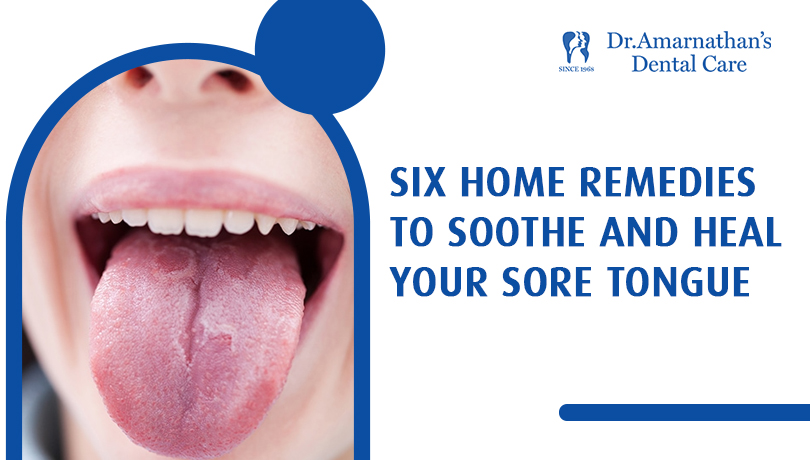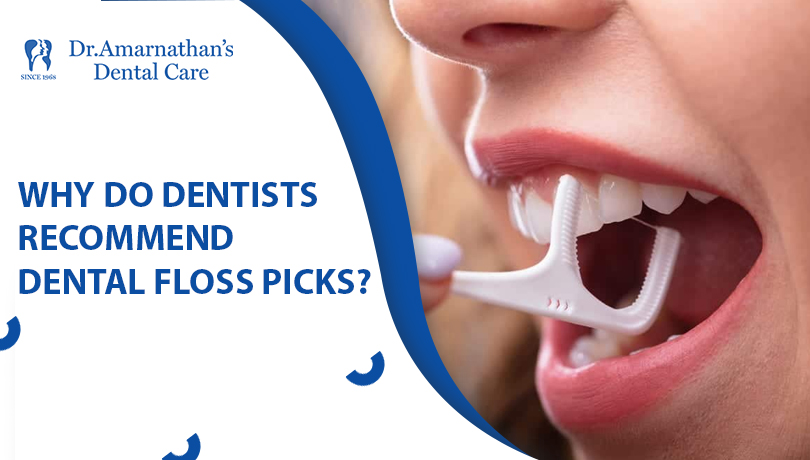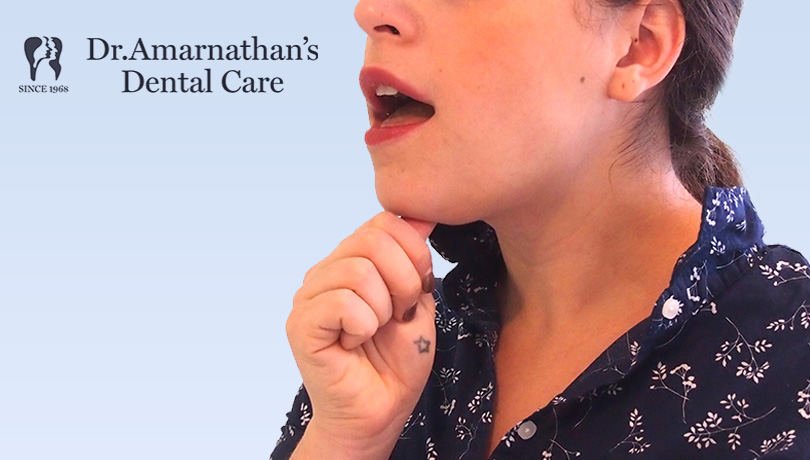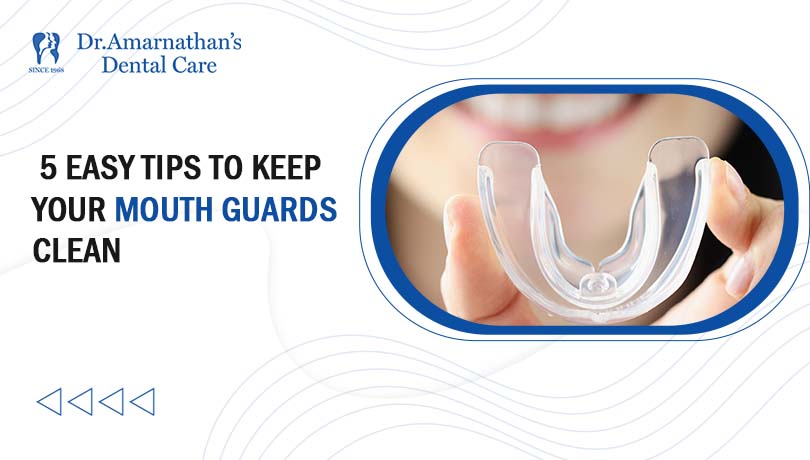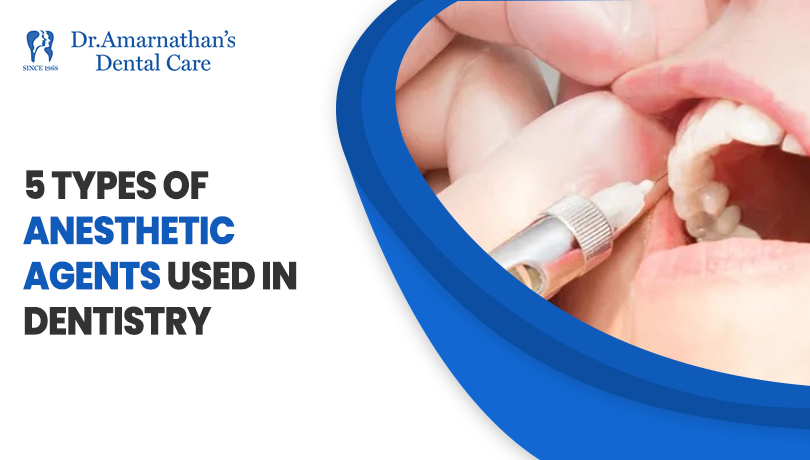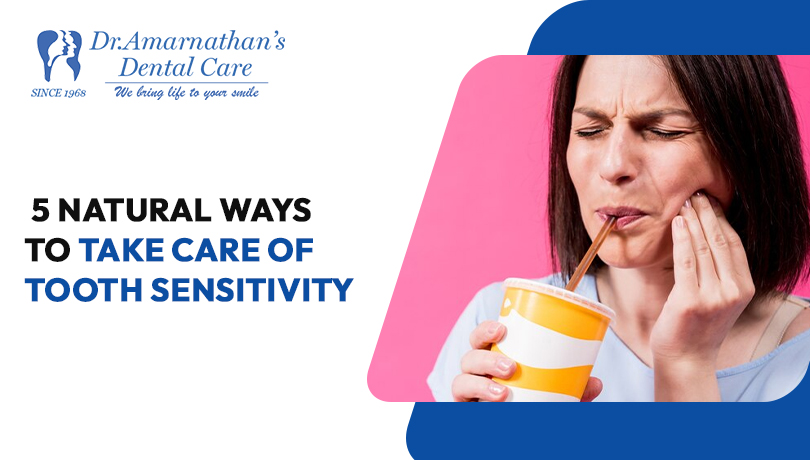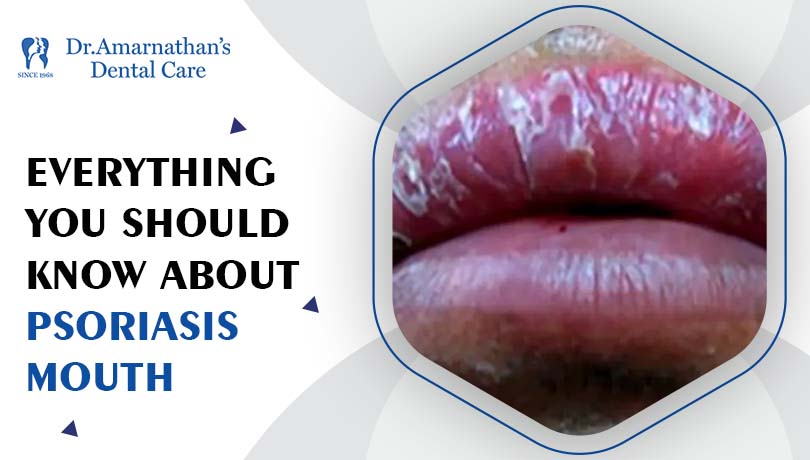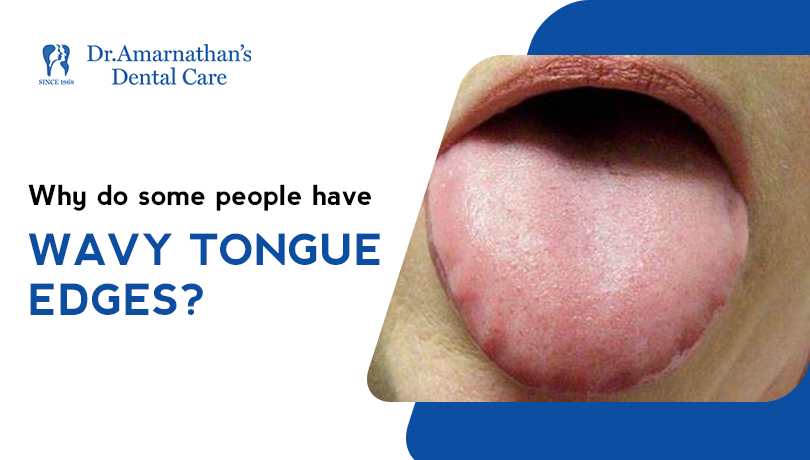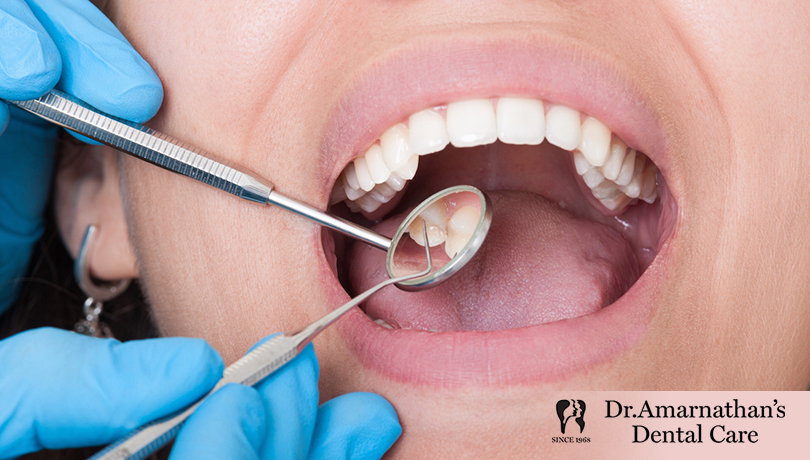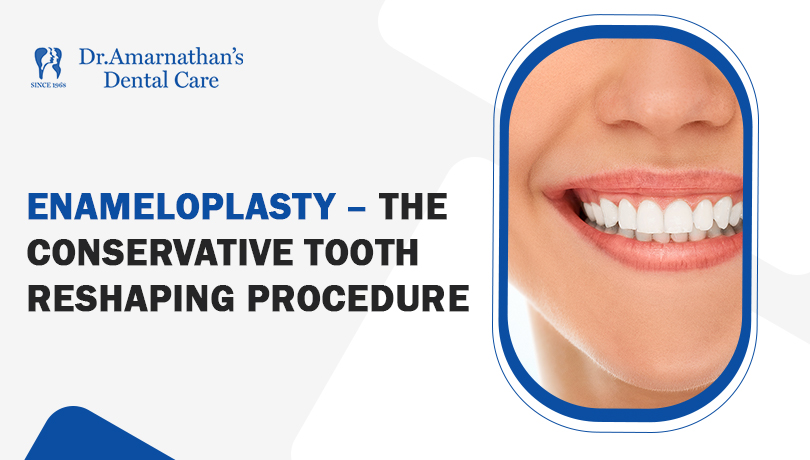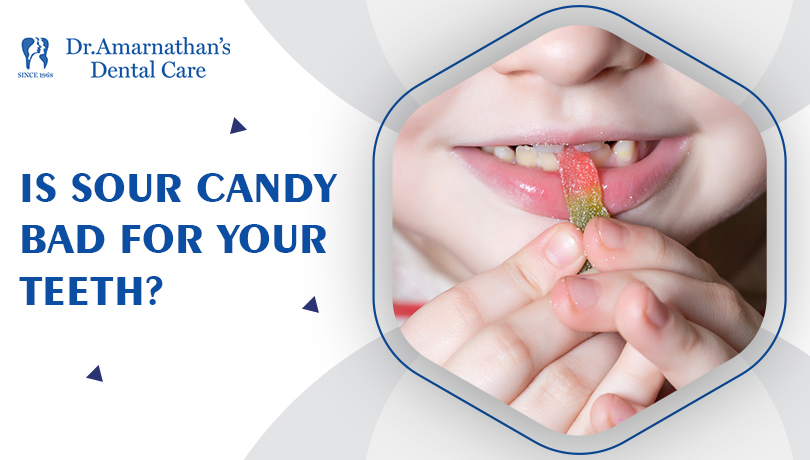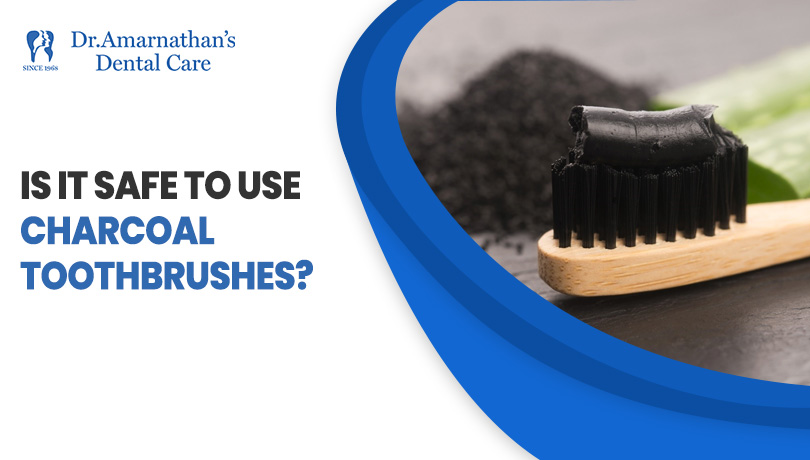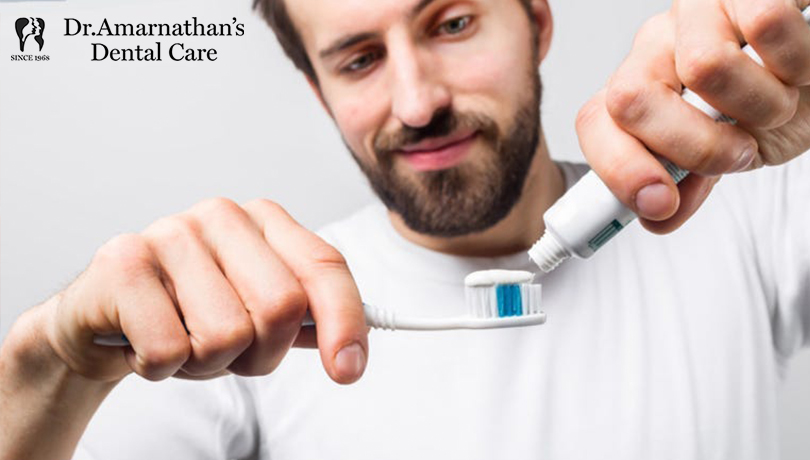
Dental health in the winter season: 6 dental problems you should avoid
Winter, which lasts from November to February, is more than simply a season of snowflakes and Christmas cheer; it also creates new difficulties that might disrupt your oral health.. Cold weather and holiday indulgences can contribute to various dental problems . In this blog, we will explore six common dental issues that tend to arise during the winter months and provide tips on how to prevent them. Taking proactive measures to protect your teeth and gums during this time of the year is crucial for maintaining optimal dental health.Let’s take this path together and prioritize your smile this winter.
Dental problems in the winter season
Winter dental problems: Due to Colder weather and other seasonal considerations, the winter season can provide unique dental concerns. Winter-related dental issues include:
1) Tooth Sensitivity
Winter tooth sensitivity is marked by increased sensitivity or discomfort in the teeth during the colder months.It’s a common illness caused by cold surroundings and temperatures. Cold temperatures can cause tooth enamel to compress, exposing the sensitive dentin beneath. During the winter, dry air and dehydration can exacerbate the issue.
How to Prevent:
Regular Oral Hygiene: Use a soft-bristled toothbrush and fluoride toothpaste to brush your teeth twice a day.
Desensitizing Toothpaste: Apply toothpaste formulated for sensitive teeth.
Limit Acidic Foods: Limit your intake of acidic meals and beverages.
Cold Weather Protection: In cold weather, cover your mouth with a scarf or mouthguard to reduce direct exposure and irritation.
If tooth sensitivity persists or worsens, it’s critical to see a dentist to discover the primary reason and the best course of action for relief.
2)Dry Mouth
Dry mouth, also known as xerostomia, occurs when the mouth does not generate enough saliva. During the winter, this disease can be exacerbated by factors such as dry air and interior heating, which causes increased saliva absorption. The cold weather and low humidity levels contribute to the pain of a dry mouth, potentially leading to concerns such as bad breath and an increased risk of dental problems such as cavities and gum disease.
How to Prevent:
Keep Hydrated: Despite the cold, drink plenty of water to avoid dehydration and dry mouth.
Indoor Humidifiers:Use humidifiers to offset the drying effects of heating systems and maintain proper moisture levels.
Lip Balm: Apply lip balm on a daily basis to prevent chapping and mouth breathing-induced dryness.
3)Cracked Lips
Cracked lips are a common winter condition in which the skin of the lips becomes dry, chapped, and occasionally develops fissures or splits. This condition can be increased by winter’s freezing temperatures, low humidity, and exposure to strong winds. Dehydration is particularly harmful to the sensitive skin around the lips, producing discomfort, misery, and an unsightly appearance.
How to Prevent:
Hydrate Regularly: Drink plenty of water to stay hydrated and keep your lips from drying out.
Lip Balm Application: Apply a moisturizing lip balm on a regular basis to offer a protective barrier against dryness.
Avoid Licking Lips: Avoid licking your lips because saliva can aggravate dryness and cause cracks.
Indoor Humidifiers: Use humidifiers indoors to combat dry air, especially during winter heating.
Lip Covering Protection: When going outside, use a scarf or a sunblock-containing lip balm to protect your lips from the cold and wind.
By adopting these methods into your winter routine, you can avoid and relieve the pain of cracked lips, resulting in a healthier and more comfortable oral environment.
4) Bruxism
Bruxism, or teeth grinding or clenching, is not limited to a single season, such as winter. Increased stress during the winter months, on the other hand, can contribute to this disease. Winter pressures, such as Christmas preparations, can aggravate teeth grinding, resulting in problems such as jaw pain and headaches.
How to Prevent:
Stress Reduction: Use stress-reduction measures to relieve tension, which is a typical cause of teeth grinding.
Mouthguard for Sleeping: At night, use a custom-fitted mouthguard to prevent tooth grinding.
Compresses that are warm: Before going to bed, apply a warm compress to your jaw muscles to relax them and lessen the possibility of grinding.
Stimulants should be limited: Limit your evening coffee and nicotine consumption, as these are known to aggravate bruxism.
Drink Water: Stay hydrated throughout the day to avoid dry mouth, which contributes to bruxism.
Regardless of the season, seeking advice from a dentist is critical for proper diagnosis and management of bruxism.
5) Cavities
Cavities, or tooth decay, are not limited to the winter season but can be influenced by it. Cavity growth can be aided by increased consumption of sugary holiday foods and acidic beverages, as well as disturbances in dental hygiene habits and the drying effects of indoor heating.
How to Prevent:
Keep Oral Hygiene: Brush your teeth twice a day with fluoride toothpaste and floss on a regular basis to eliminate plaque and prevent cavities.
Limited Sugary Treats: Limit your intake of sugary snacks and beverages, especially during the holiday season, to reduce your risk of cavities.
Maintain Hydrated: Drink plenty of water to stimulate saliva production, which aids in acid neutralization and the prevention of tooth decay.
Use Fluoride Products: Include fluoride mouthwash in your routine, and consider a fluoride supplement if your dentist recommends it.
Regular dental examinations: Make regular dental appointments for professional cleanings and early detection of potential cavity concerns.
You can efficiently manage and prevent cavities by adding these measures into your winter routine, guaranteeing a healthy and cheerful smile during the colder months.
6) Cold Sores
Cold sores produced by the herpes simplex virus (HSV-1) can occur throughout the winter as a result of factors such as a weakened immune system, dry and chapped lips from the cold weather, and increased stress during the holiday season.
How to Prevent:
Lip Moisture: To keep your lips from drying out and becoming more prone to cold sores, use an SPF lip balm.
Avoid Trigger Foods: Foods that can cause cold sores, such as chocolate, nuts, and acidic foods, should be avoided.
Water Level : Drink enough water to stay hydrated, which can help with overall lip health.
Stress Management:Stress is a typical trigger for cold sores, so practice stress-reduction tactics.
Sun Protection: When exposed to sunlight, use an SPF lip balm or cream, as UV radiation can cause cold sore outbreaks.
While these management measures can help to relieve symptoms, there is no cure for the herpes simplex virus. If cold sores persist or become serious, get specific advice and treatment options from a healthcare professional.
Conclusion:
Maintaining good oral health is important all year, but the winter season can provide more challenges. There are various dental disorders to be aware of and avoid, ranging from dry mouth to tooth sensitivity. You may reduce your risk of these diseases and keep your smile healthy and bright by practicing proper dental hygiene, staying hydrated, and visiting your dentist regularly. Consider receiving a free trial from our dental specialists if you want to learn more about how to maintain good dental health during the winter season. They can provide personalized advice and guidance to help you keep your teeth and gums in top shape. Don’t put it off any longer; take charge of your dental health right now!

